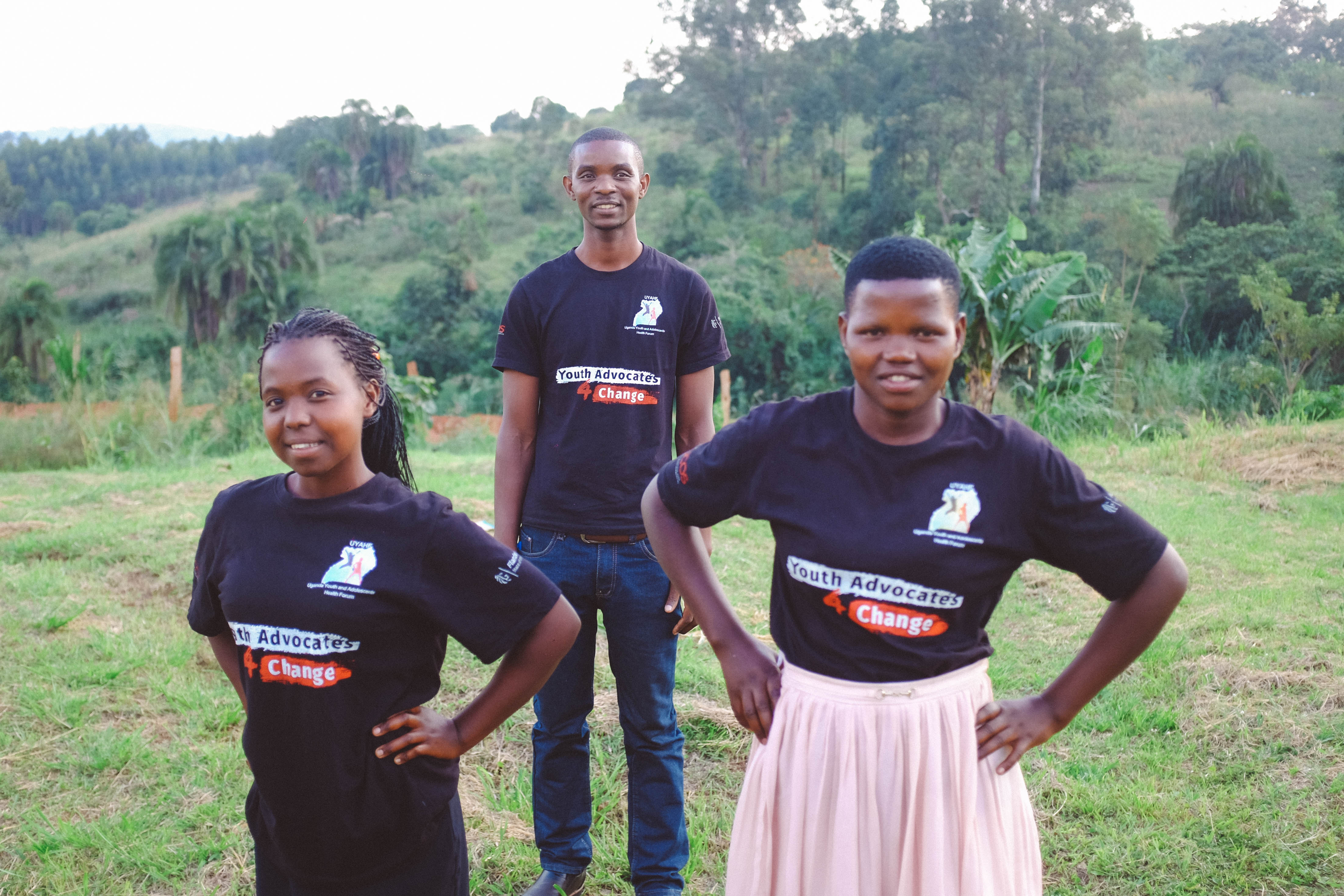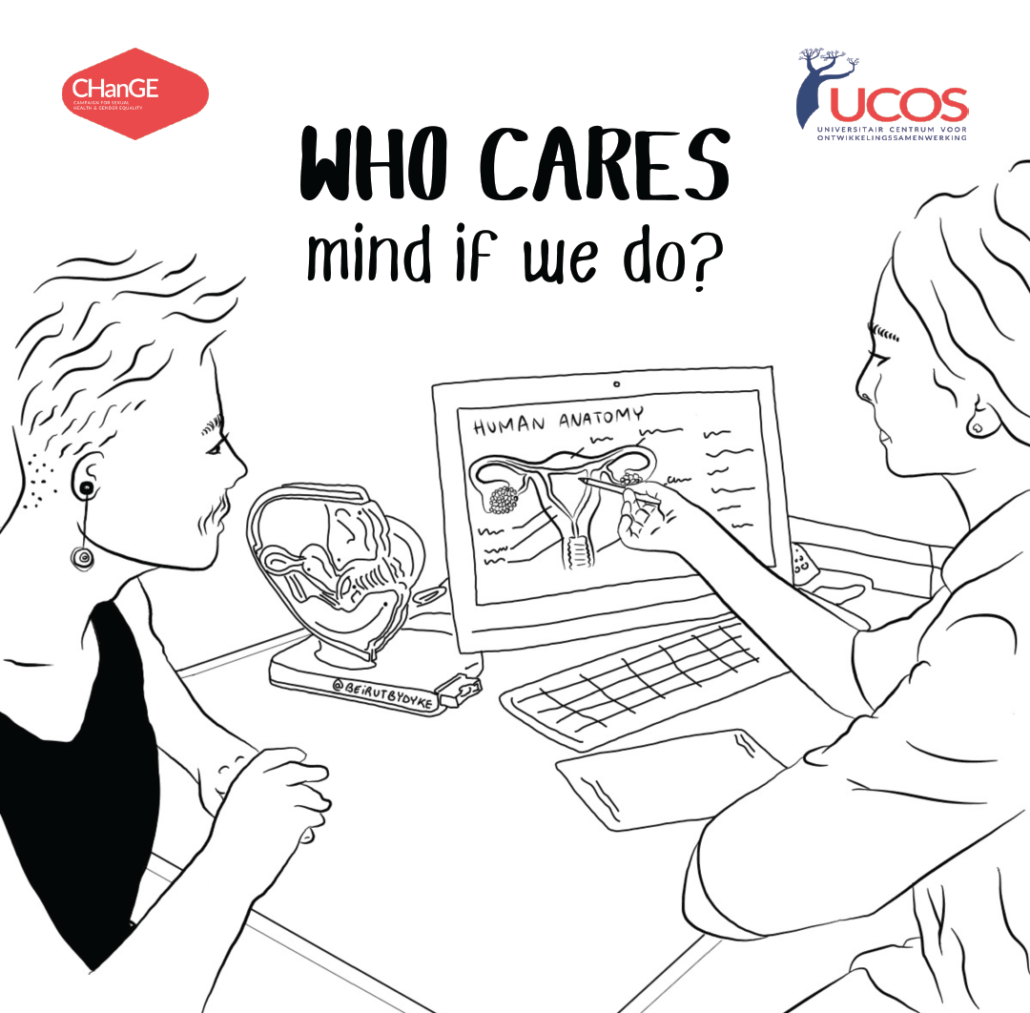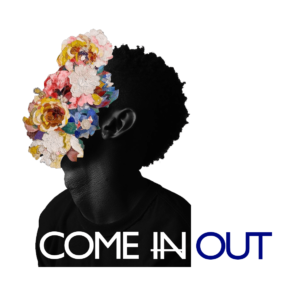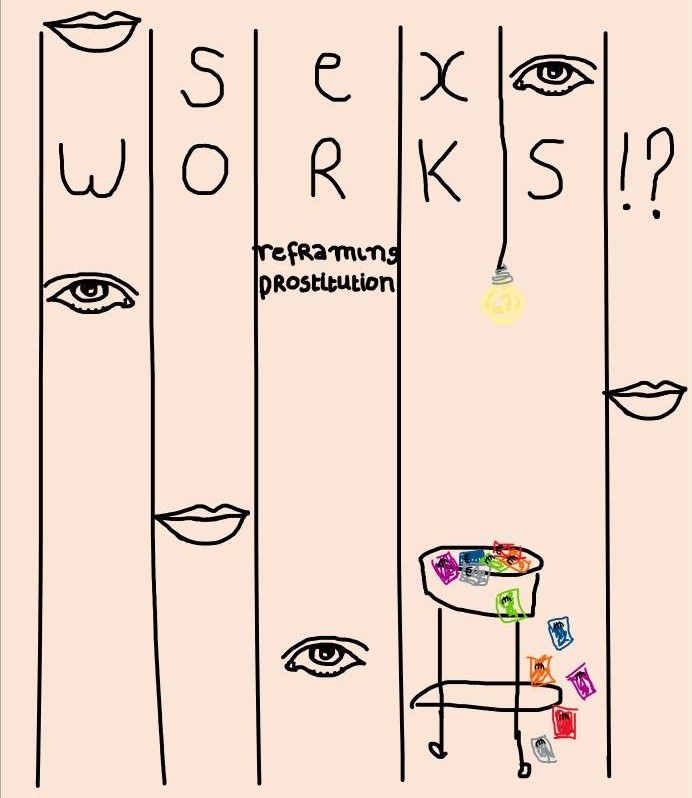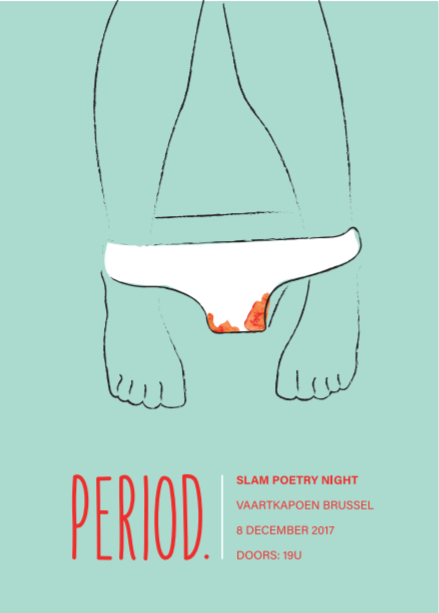Campaign 2017
LGBT+-RIGHTS
We all have the right to be treated as equals, regardless of our gender identity or sexuality. However, many people have to face discrimination or violence on the basis of who they are. Being lesbian, homosexual, bisexual, transsexual or queer is in many places worldwide still perceived as a crime.
Fighting for freedom to express one’s sexual orientation, often involves risks and dangers. However, both in the South as in Belgium there are individuals and organisations who strive everyday to make sure that this right is guaranteed and taboos are being broken.
PERIOD.
Most women at their reproductive age menstruate every month. It is a very natural part of life, though in many places worldwide it is associated with taboos and sociocultural or religious boundaries. Due to this, girls participate less in education during their menstruation, unsanitary practices can lead to health risks, and menstruation is accompanied with experiences of pain and shame. Moreover, often there is limited access to affordable products for feminine hygiene.
To break with taboos and to get access to products for feminine hygiene, it is essential to make sure women are not excluded. When striving for gender equality it is important to guarantee affordable access to (sustainable) alternatives, to share correct information and to break the silence, both in Belgium as in the South.
COLLABORATIONS 2017
>> The Maison de la Laicité de Kinshasa (MLK) is a humanist forum in Kinshasa (DR Congo). It is an umbrella organisation with many members, including different women groups and health organisations.
>> Our partner in Kampala (Uganda) is HALEA (Humanist Association for Leadership, Equity and Accountability), which works around strengthening the life skills of young people and supporting teenage mothers.
>> TARSHI (Talking about Reproductive and Sexual Health Issues) is an Indian NGO based in New Delhi. Through trainings, publications, and awareness raising, they enable people to expand their sexual and reproductive freedom of choice from a rights-based perspective.
